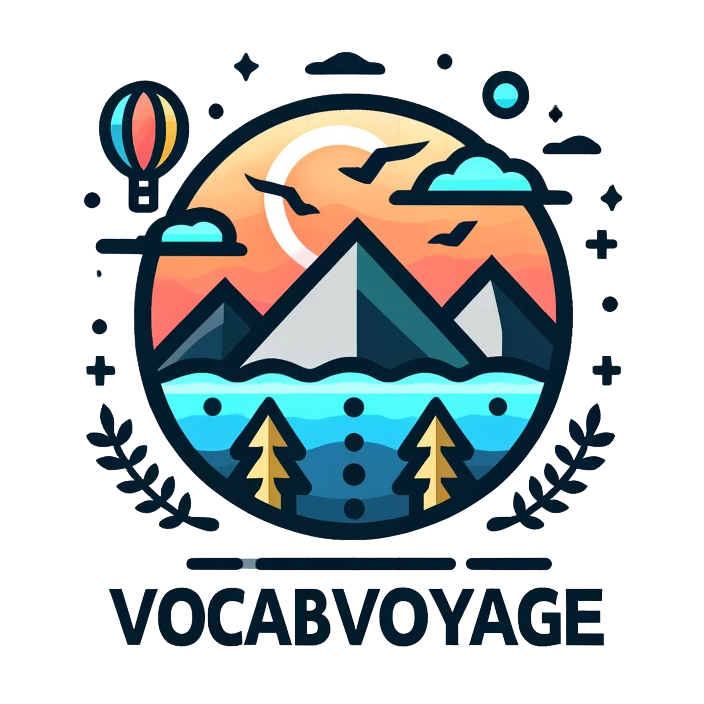Embark on Your Vocab Voyage 🚀
Welcome to the Vocab Voyage blog! If you’re here, chances are you’re on a quest to unlock the secrets of a new language. And that’s awesome! 🌟 At Vocab Voyage, our mission is to help you expand your vocabulary from A2 to C1 levels swiftly and enjoyably. But before we dive into our toolbox, let’s unpack some fascinating language learning theories. Understanding these can supercharge your journey, regardless of the tools or methods you use.
What Are Language Learning Theories? 🤔
Language learning theories are ideas developed by researchers about how we acquire languages. They guide teaching strategies and learning methods. Whether you’re self-studying or in a classroom, knowing a bit about these theories can give you insights into why certain techniques work (or don’t!).
Key Theories and What They Mean for You
Behaviorism: Repeat After Me! 🦜
Let’s start with behaviorism. This theory, popular in the mid-20th century, compares language learning to animal training. Sound weird? It mainly focuses on repetition and reinforcement. Think: flashcards and drills. While it may feel a bit old-school, repetition is a core part of building your vocab. And that’s precisely where Vocab Voyage shines, making repetition engaging rather than tedious.
Cognitivism: The Thinking Cap 🧠
Next up, cognitivism. This theory looks at the mind’s inner workings, emphasizing how we understand and use language. It highlights the importance of understanding the meaning behind words and how they fit into sentences. On Vocab Voyage, we offer context-based learning, helping you grasp not just the word, but its use in real-life situations, enhancing comprehension and retention.
Constructivism: Build Your Language Landscape 🏗️
Constructivism suggests that we learn best by constructing our own understanding and knowledge of the world, through experiencing things and reflecting on those experiences. It’s about active engagement and discovery. When you’re piecing together new phrases and experimenting with new vocabulary on our platform, you’re actually applying constructivist principles!
Social Interactionism: Let’s Talk! 💬
Language isn’t just about words; it’s about communication. Social interactionism posits that language development is profoundly influenced by social interaction. While Vocab Voyage focuses on vocabulary, we encourage combining our tool with language exchange apps or conversation practice. After all, using new words in real conversations can dramatically boost your learning.
Input Hypothesis: Feed Your Brain 🍽️
Last but certainly not least, the Input Hypothesis, proposed by Stephen Krashen. This theory emphasizes the importance of receiving “comprehensible input” – language that you can almost but not completely understand. By gradually increasing the difficulty of what you read or listen to, you can naturally acquire language. Vocab Voyage facilitates this by presenting words and phrases at just the right level of challenge for you.
Putting It All Together: Your Journey with Vocab Voyage
While these theories might seem academic, they all point to a universal truth: learning a language is a multifaceted process that benefits from a variety of approaches. Repetition, meaningful context, active engagement, social interaction, and gradually increasing challenges are all key components of an effective language learning strategy. And that’s exactly what Vocab Voyage offers.
We’re positive about all language learning efforts and believe that the best way to master a new language is simply to stick with it. Whether you’re diving into vocabulary with us or blending our tool with other methods, understanding these theories can help you tailor your approach to fit what works best for you.
So, are you ready to set sail on your language learning journey with a treasure map of theories in hand? 🗺️💡 Let’s make learning an adventure filled with discovery and joy. Bon Voyage!
